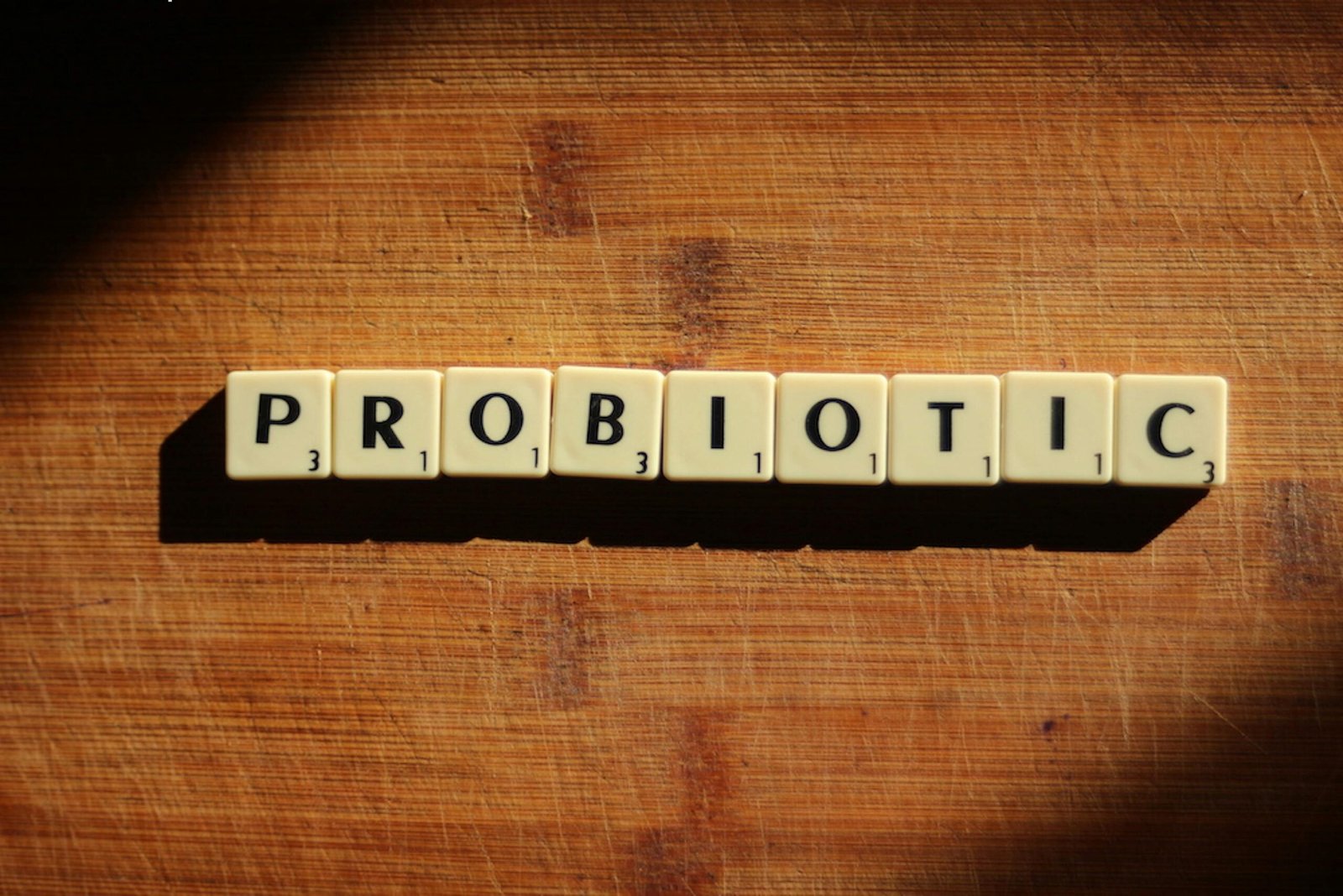How Many Eggs Can You Safely Eat Each Day, expert advice?
How Many Eggs Are Safe to Consume a Day? Cracking the Nutrition Myth
Eggs have long been a staple in many diets worldwide, but there’s been ongoing debate about how many eggs are safe to eat daily. This article will explore the current research and recommendations to help you make an informed decision about your egg consumption.
The Nutritional Value of Eggs
First and foremost, it’s important to understand that eggs are incredibly nutritious. They’re packed with high-quality protein, vitamins, minerals, and antioxidants. One large egg contains about 6 grams of protein and only 70 calories, making it an excellent choice for those looking to maintain or lose weight.
The Cholesterol Concern

For years, eggs were demonized due to their high cholesterol content. One large egg contains about 186 mg of cholesterol, which is found in the yolk. However, recent research has shown that dietary cholesterol doesn’t significantly impact blood cholesterol levels in most people.
Current Recommendations
So, how many eggs can you safely eat per day? According to the American Heart Association, one egg (or two egg whites) per day can be part of a healthy diet. However, this recommendation is primarily for people who need to watch their cholesterol intake.
Healthy Individuals and Egg Consumption
For most healthy individuals, consuming up to three whole eggs per day appears to be safe. Some studies even suggest that eating up to seven eggs per week doesn’t increase the risk of heart disease. However, it’s always best to consult with a healthcare professional about your specific dietary needs.
Eggs and Heart Health
Interestingly, eggs may actually have benefits for heart health. They’re rich in nutrients that can help lower the risk of heart disease, such as betaine and choline. For more information on heart-healthy foods, check out our article on heart-healthy diet tips.
Eggs and Weight Management
Moreover, eggs can be beneficial for weight management. Their high protein content can help you feel full and satisfied, potentially reducing overall calorie intake. This makes eggs a great addition to a balanced weight loss or maintenance diet.
Cooking Methods Matter
It’s worth noting that how you prepare your eggs can impact their health benefits. Boiled or poached eggs are generally healthier than fried eggs, which often require additional fats for cooking.
Conclusion
In conclusion, for most healthy individuals, consuming 1-3 eggs per day is considered safe and can be part of a nutritious diet. However, if you have specific health concerns or conditions, it’s always best to consult with a healthcare professional or registered dietitian for personalized advice.

Disclaimer
This article is for informational purposes only and does not constitute medical advice. Always consult with a healthcare professional before making significant changes to your diet, especially if you have pre-existing health conditions.
Content Sources
- American Heart Association
- Harvard T.H. Chan School of Public Health
- Journal of the American Medical Association
- British Medical Journal
















